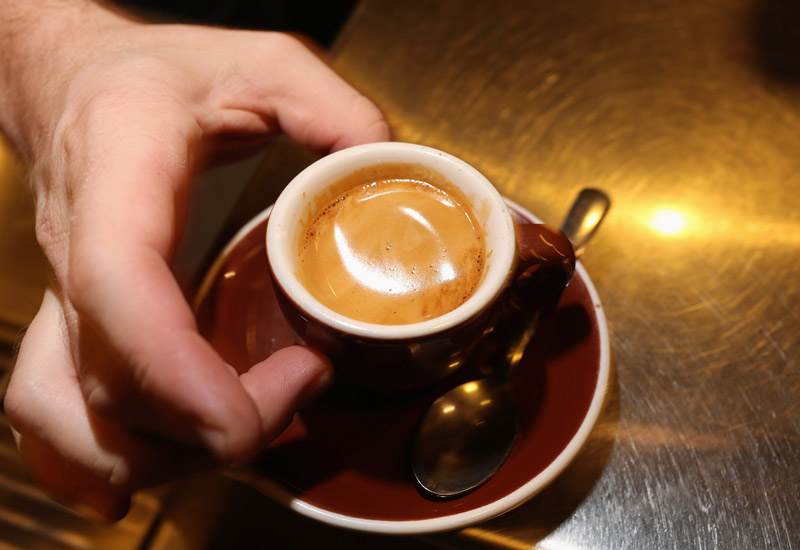Operations
Quality awareness in the coffee sector globally has grown enormously in recent years with coffee becoming a hugely varied beverage, and much loved part of our daily routines.
“Coffee is a very important part of the culture in the Middle East and an essential part of people’s daily life as it plays a pivotal role in bringing people together whether at home or on-the-go, which is why the industry is doing so well.
“Espresso and Turkish coffees are the most popular, with French press, Italian coffee and capsules being the most popular for coffee drinkers at home. In the UAE specifically, the market is expected to grow by more than 30% in the next four years, as the country’s trading hub emerges as a key supply cog in the global coffee supply chain,” explains Cleia Junqueira, roast master of Coffee Planet.
Armiel Alkuino, professional barista in La Marquise International, adds: “Coffee is very popular in the Middle East whether it’s Arabic coffee, American or Italian style ones. Nowadays, a cup of coffee is offered in every restaurant, café, or even food truck.
“Definitely milk-based coffee beverages like cappuccino or latte are extremely popular. In this case we always suggest our clients use a mix of Arabica and Robusta to burst the coffee flavour hidden by milk. For espresso and espresso lungo we recommend both 100% Arabica beans, and again a mix of Arabica with 10 to 20% of Robusta, as consumers in the Middle East prefer bitterness to acidity.”
Coffee, while popular in the market and very lucractive, is not without its challenges.
In terms of sourcing, Junqueira describes finding the right type of coffee from the right farmers as “a core part of” Coffee Planet’s business, and requires her to regularly travel to different countries to meet new farmers.
She elaborates: “When a sample comes into the roastery, a long process takes place to ensure the quality and flavour of the coffee is consistent and up to our stringent standard. The challenge lies in maintaining a strong relationship with our farmers, as our purchases are dependent on reliability and continuity.”
Alkuino says that brewing light to medium coffees is challenging. “There’s a lot of variables you need to consider, such as grind size, brewing time and temperatures, ingredients’ ratio, water pressure and brewing techniques. All of these should fall right into their places in order to produce a good quality cup.”
Lina Chiodo, Bunn vice president sales and marketing, Europe, the Middle East and Africa (EMEA) and India, vice president global accounts, states: “All challenges in producing the best results in the cup can be overcome if proper training and proper equipment is being used”, otherwise baristas could “ruin a cup of coffee in four to six minutes, which is the brewing time”.
Intersect by Lexus head of beverage Blanka Janska notes: “Everything affects the flavour of the coffee: quality of the coffee beans, roastery, water quality, temperature, grinding size, and so on.”
Junqueira adds that besides quality and consistency, “getting the right tasting profile can take a very long time”.
She shares: “The key to quality and flavour is consistency and making sure everything goes in the right order: from when the samples arrive at our roastery, up until they are packaged and served. From cupping, a tasting process whereby we check the taste and smell of brewed coffee, to roasting and packaging. Any change in the order can affect the flavour and freshess.”
On the topic of barista education, Alkuino advises that first and foremost, baristas should get to know their coffees very well — which means being aware of the bean’s origin, its variety, altitude where the beans were grown, the area and micro-climate conditions.
Second of all, baristas should understand how to taste coffees and to differentiate various flavours. What is the variety of acidy, sweetness and bitterness, and what is a good balance between them all?
And third, baristas should know how to operate and calibrate their coffee machine and grinder to insure the best quality of coffee beverages served, he continues, adding that if a barista has speciality coffee knowledge then their salary “would double or even triple” making it “a good career to explore”.
Article continues on next page...

| Advertisement |









 Search our database of more than 2,700 industry companies
Search our database of more than 2,700 industry companies









